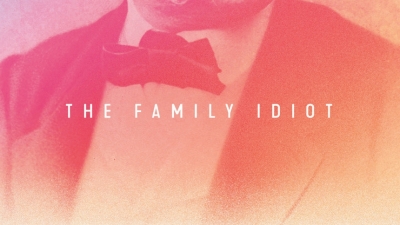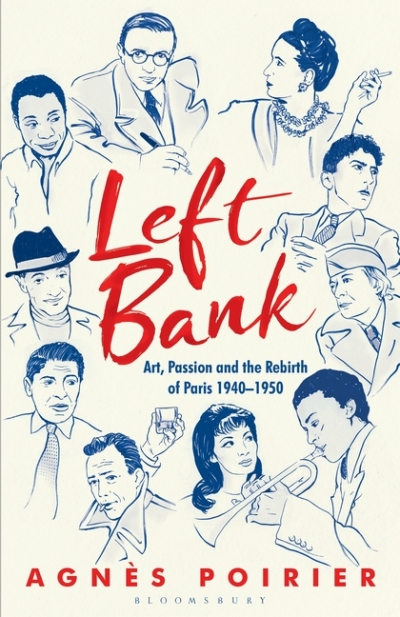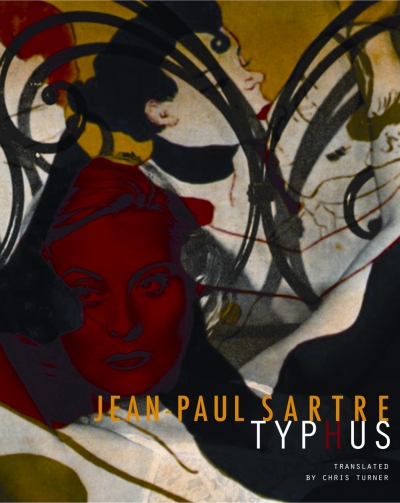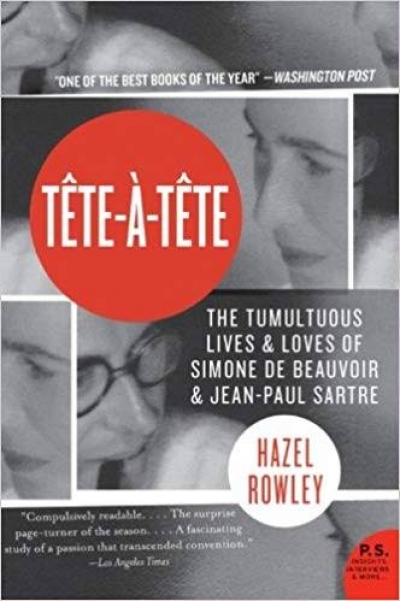Jean-Paul Sartre and Simone de Beauvoir are both mythical figures. They are also a mythical couple, a symbol of lifelong intellectual and personal commitment to each other and to commonly espoused causes. Of the two, Beauvoir is probably the more widely read today, because of her foundational role in the development of feminism, and the relative accessibility of her writing. In comparison, Sartre’s work, with the exception of his elegantly self-mocking autobiography, Les Mots (1966), is more difficult. His opus is as eclectic as it is voluminous – covering philosophy, prose fiction, theatre, political essays and literary criticism – and it is often dense. With Beauvoir, the reader is always in the presence of a person; with Sartre, we witness above all a mind at work, a brilliant intelligence grappling with whatever problem or issue it has decided to take on. In both cases, their work had a profound impact, mirroring and inspiring fundamental changes in thought and mores. Sartre and Beauvoir shared a philosophy – which went, somewhat loosely, under the name of existentialism – that held that human individuals and societies had the capacity to determine their own destiny, free of the weight of history and tradition. In the wake of World War II, and in the context of the ideological stalemate and nuclear threats of the Cold War, this philosophy of possibility and freedom offered an alternative to the ambient pessimism. It promised not passive resistance but transformative action by and for a humanity willing to create its own future.
...
(read more)




